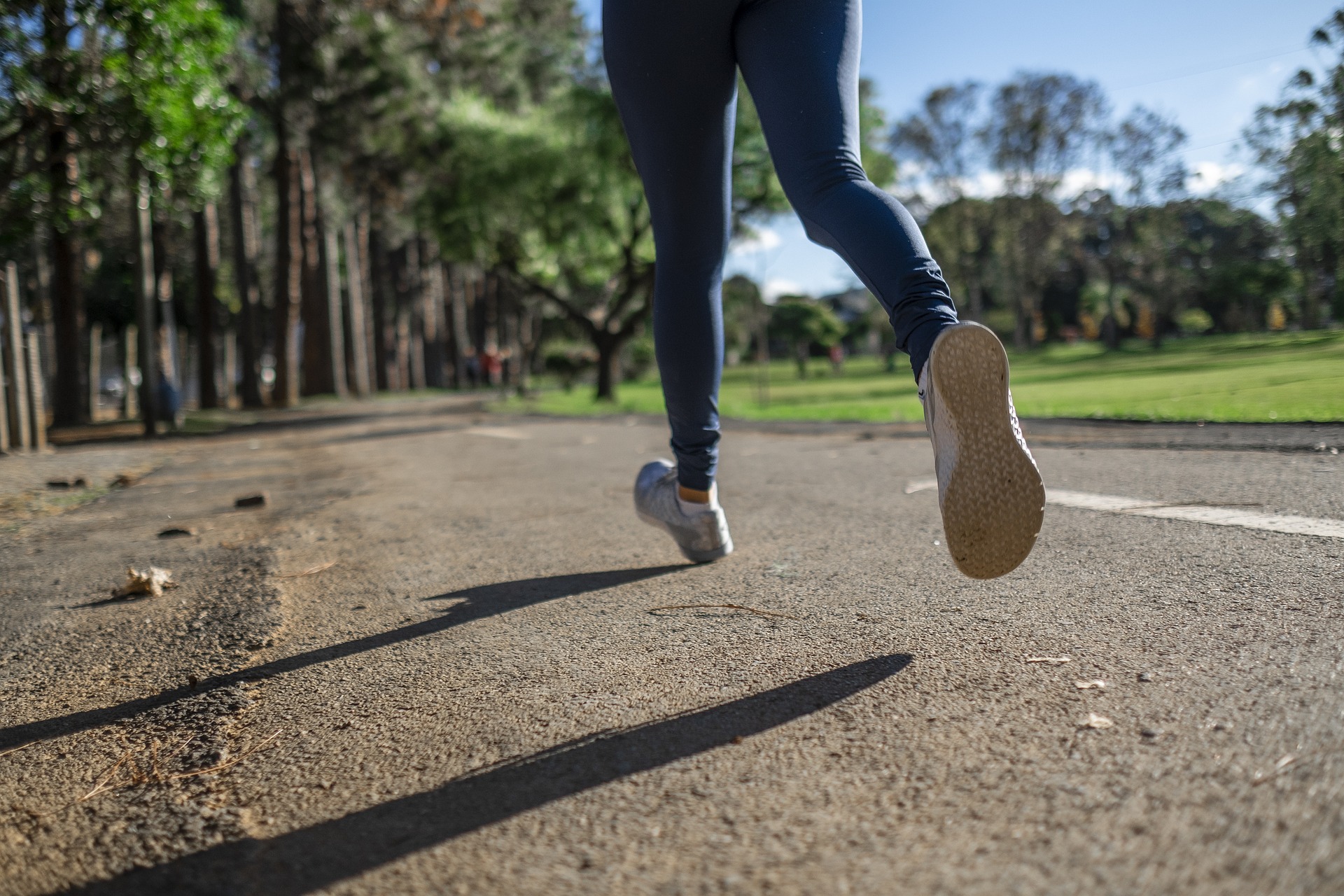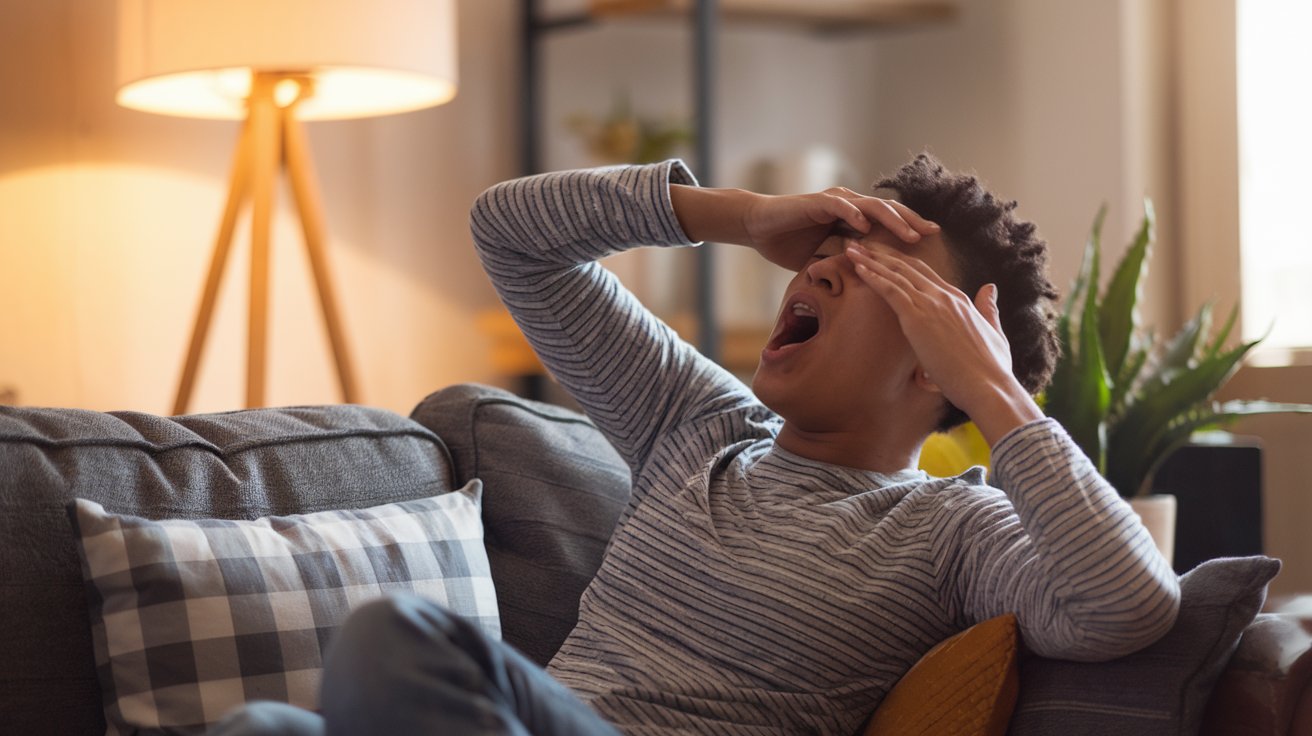Weekend Warriors: Two-Day Exercise Routine Offers Brain Health Benefits

A groundbreaking study published in Nature Aging reveals that those who concentrate their physical activity into just two days of the week can achieve similar brain health benefits as those who exercise regularly throughout the week. This large observational study analyzed data from over 1,000 individuals diagnosed with dementia from Lewy bodies. The findings suggest that “weekend warriors,” who engage in more than half of their weekly exercise during their days off, benefit as much as those who spread their workouts across the week.
The research encourages individuals to prioritize physical activity, even if their busy schedules only allow concentrated effort on specific days. According to the study, engaging in physical activity on fewer days provides the body with valuable recovery time on the remaining days, allowing it to heal and grow stronger. This revelation is particularly significant for those managing cognitive disorders such as dementia with Lewy bodies, which remains the second most common type of dementia after Alzheimer’s disease.
Study Highlights and Expert Insights
The study’s results highlight the versatility of exercise routines and emphasize their impact on cognitive health. Notably, cholinesterase inhibitors, commonly used for Alzheimer’s patients, demonstrate potential in slowing cognitive decline in those with Lewy body dementia. Over five years, these medications have shown promise in reducing mortality risk within the first year after diagnosis. Despite the lack of a cure for dementia with Lewy bodies, physical activity patterns like the “weekend warrior” approach offer a glimmer of hope for managing the condition.
Paul Arciero, MS, DPE, Professor at Skidmore College, emphasizes the importance of moderate to vigorous physical activity (MVPA) for brain health. He states that increased blood flow to the brain fosters nerve growth, reduces inflammation, and enhances mood through neurotransmitter modulation. Arciero suggests that a mix of daily general activities, combined with more intensive exercises on weekends, can yield substantial health benefits. He advises incorporating exercises such as hiking, cycling, swimming, or resistance training during weekends to maximize these benefits.
“The weekend warrior approach may be ideal for people unable to fit MVPA into their routine, they should still aim to simply be generally active five days a week and then push a little harder on the weekend.” – Arciero
Exercise expert Ryan Glatt acknowledges the potential of physical activities like walking and tai chi in promoting brain health. However, he cautions that results may vary among individuals and are not universally guaranteed. Glatt also highlights the positive effects of MVPA on mood through neurotransmitter modulation but stresses that the consistency and magnitude of these effects require further research.
“Activities like walking and tai chi may be beneficial, but the effectiveness varies significantly among individuals, and results are not universally assured.” – Glatt
The Science of Physical Activity and Brain Health
The study underscores the critical role of consistent movement in maintaining optimal health. It reinforces the expert recommendation of participating in MVPA for at least 150 minutes per week to harness profound health benefits. Arciero illustrates how physical activity enhances brain health by increasing anti-inflammatory substances and antioxidants within the body.
“Increased blood flow to the brain helps grow new nerve fibers and blood vessels and reduces plaque build-up, inflammation, and free radicals. It increases anti-inflammatory substances and antioxidants.” – Arciero
Arciero also points out that regular physical activity releases opioids inside the brain, inducing feelings of happiness and contentment. He proposes an ideal exercise regimen that includes taking 4–10k steps daily during the week and engaging in more intense fitness activities over the weekend.
“MVPA also ‘releases opioids inside the brain to make us feel happier, euphoric, and content’” – Arciero
Glatt supports this notion by affirming that physical activity can enhance mood through neurotransmitter modulation. However, he notes that further investigation is necessary to fully understand these effects.
“Physical activity may enhance mood through neurotransmitter modulation, yet the consistency and magnitude of these effects require further investigation” – Glatt
Implications for Brain Health Management
The findings from this study are particularly valuable for individuals unable to distribute their exercise routine evenly throughout the week. They suggest that concentrating physical activities into a couple of days can still provide substantial brain health benefits. This discovery offers flexibility to those juggling hectic schedules while ensuring they maintain an active lifestyle.
“The study suggests that the ‘weekend warrior’ exercise pattern might offer similar brain health benefits as regular exercise, though the evidence is not conclusive.” – Glatt
Featured Image by Daniel Reche from Pixabay





Leave a Reply